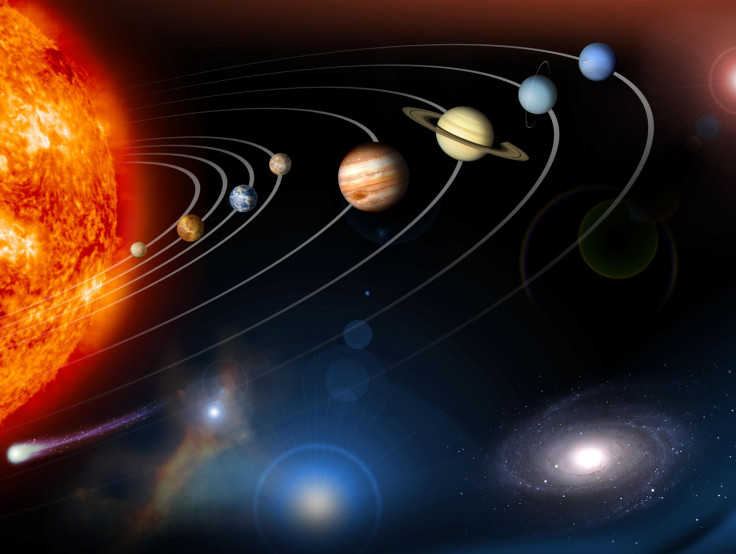Astronomers discover 24 "super habitable" exoplanets better than Earth
Although the planets are 100 light years away, the team is hopeful that future telescopes would be able to give more detailed information about them
A team of astronomers and geobiologists have found two dozen exoplanets that could be considered better places to live in than Earth. A research team from Washington State University has identified 24 super habitable planets that may be good candidates for living. Out of 4,500 known exoplanets, these celestial bodies were found to be older, larger and even have a slightly warmer climate than the Earth. The researchers also claimed these have better stars than the Sun. The team explained such conditions, when put together, could be conducive conditions for complex life to thrive.
Although the planets are 100 light years away, the team is hopeful that future telescopes would be able to give more detailed information about them as they are quite difficult to see closely. None of the planets meet all of the criteria to be considered "super habitable" but based on the many factors, they all seem to score higher than our very own planet Earth.
In an article on Sci-News.com, the study led by Prof. Dirk Schulze-Makuch from Washington State University said the next space telescopes will have the ability to gather more information and spot signatures of life on distant planets. NASA's James Webb Space Telescope and the LUVIOR space observatory along with the European Space Agency's PLATO are well on their path to making these discoveries possible.
Teaming up with astronomers, Schulze-Makuch, a geobiologist with expertise in planetary habitability, says a host of criteria they based on included finding planets that are 10 percent larger than Earth. This could present them to have more habitable land. The research team also claimed that more mass means it would keep the planet's interior heating for much longer along with stronger gravity.
The team also believes our sun has a relatively short lifespan of less than 10 billion years. Researchers are looking for K dwarf stars which are cooler and less massive and less luminous than the sun. They are known to have longer lifespans reaching up to 20 to 70 billion years.
A super habitable planet would also need to have more water than Earth and slightly warmer. Out of the 24 planets, only one had four of the criteria. Habitability doesn't necessarily mean the planet has to have definite life, but should possess habitable conditions to be worth a further study.

© Copyright IBTimes 2025. All rights reserved.





















